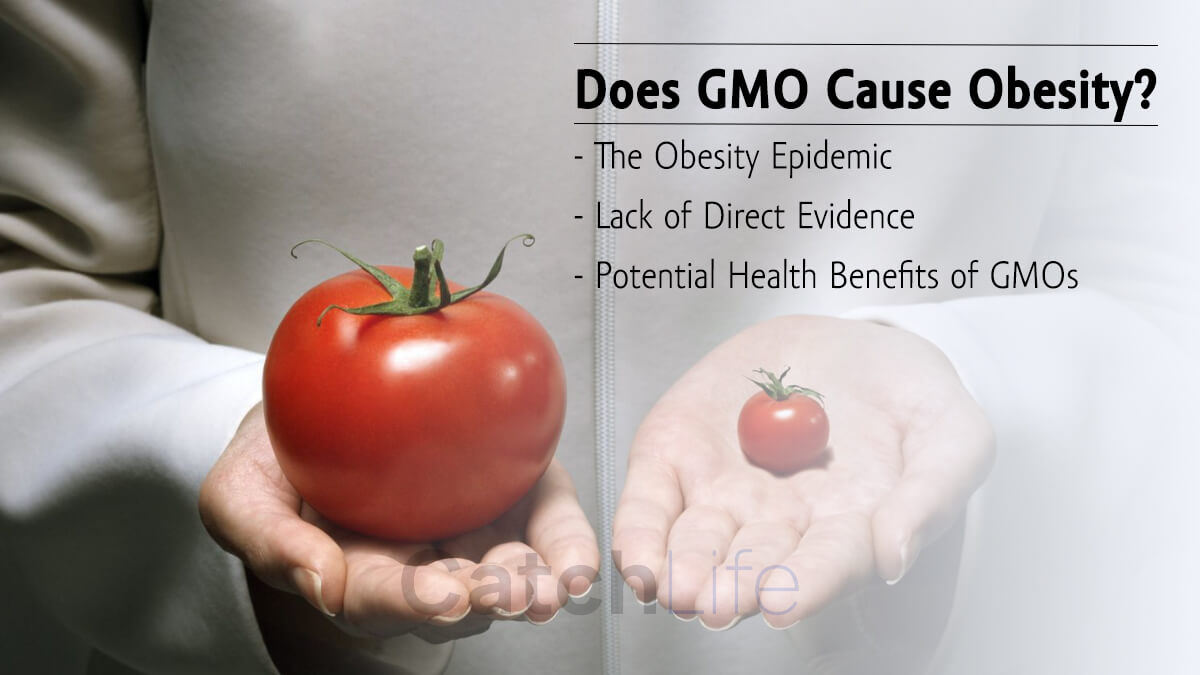Obesity has become a big health problem in today’s world, and many things are blamed for it. Genetically modified organisms (GMOs) are a difficult subject that is often talked about in relation to obesity. GMOs are foods that have had their genes changed by genetic engineering to make certain traits better. GMOs have been the subject of a lot of discussion, but it’s important to know what the science says about their possible link to fat.
The Basics of GMOs
To understand the argument about GMOs and fat, you need to know what GMOs are and how they are made. In genetic engineering, genes from a different species are added to an organism’s DNA to change it. The goal of this process is to make the plant better in some way, like making it more resistant to pests or pesticides or giving it more nutrients.
The Obesity Epidemic
Since the 1980s, the number of obese people around the world has been going up. Obesity is caused by many things, such as inactivity, bad eating habits, and genetic predispositions. But a more in-depth look is needed to prove that GMOs are a direct cause of fat.
Lack of Direct Evidence
So far, scientific study has not found strong proof that eating GMOs directly causes obesity. Scientific groups with good reputations, like the National Academy of Sciences and the World Health Organization, all agree that GMOs are safe to eat. They haven’t been able to find any proof that GMOs cause fat or any other health problems.
Focus on Overall Diet
Instead of blaming GMOs for obesity on their own, it is important to look at the general eating habits and living choices that lead to weight gain. Obesity is caused by many things, including how many calories a person eats, how much they exercise, and how healthy their food is. Using GMOs as the only target takes attention away from the bigger picture of living a peaceful and healthy life.
Importance of Caloric Intake
When you eat more calories than you burn, you gain weight. Any food, genetically changed or not, can cause weight gain and, in the long run, fat, if you eat too much of it. Instead of just focusing on GMOs, it is important to control portions, eat in balance, and make food decisions based on their nutritional value.
Diverse Factors in Obesity
Obesity is a complicated problem that is affected by many things, such as genes, the environment, a person’s socioeconomic position, and cultural practices. By blaming GMOs alone, the problem is oversimplified and attention is taken away from the many other things that contribute to the obesity crisis.
Potential Health Benefits of GMOs
Even though there are worries about GMOs, it is important to recognize that genetically modified foods may have some health benefits. GMOs can boost food output, make crops healthier, and make them more resistant to pests and diseases. These changes could help people who don’t have enough food or aren’t getting enough food, especially in poor countries.
The Importance of Transparency and Regulation
As with any science progress, it is important to keep GMOs open and regulated in a strict way. Consumers can make smart decisions about what foods to eat when the labels are clear and the information is correct. To make sure that GMOs are safe and don’t harm people or the environment in the long run, governments and regulatory groups should keep tracking and evaluating them.
Final Thought
The discussion about GMOs and their possible link to fat is still not settled. Even though there have been some worries, most scientists agree that GMOs are safe and find no direct proof that they cause obesity. To fight obesity, it is important to take a whole-person approach that encourages balanced meals, regular physical exercise, and addresses socioeconomic issues. To fully understand the long-term effects of GMOs, we need to do more study and keep an eye on them all the time.





Get Free Quote